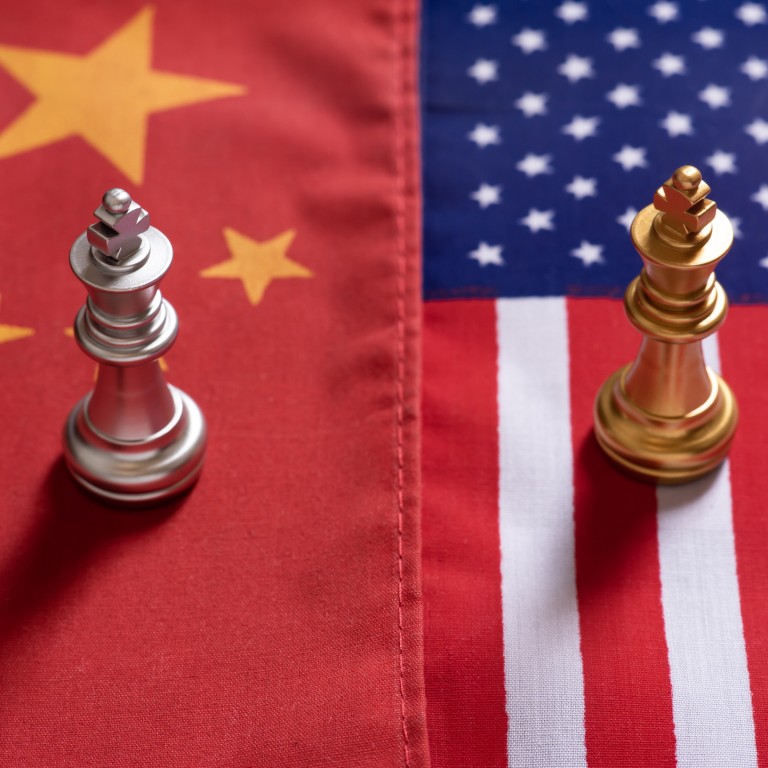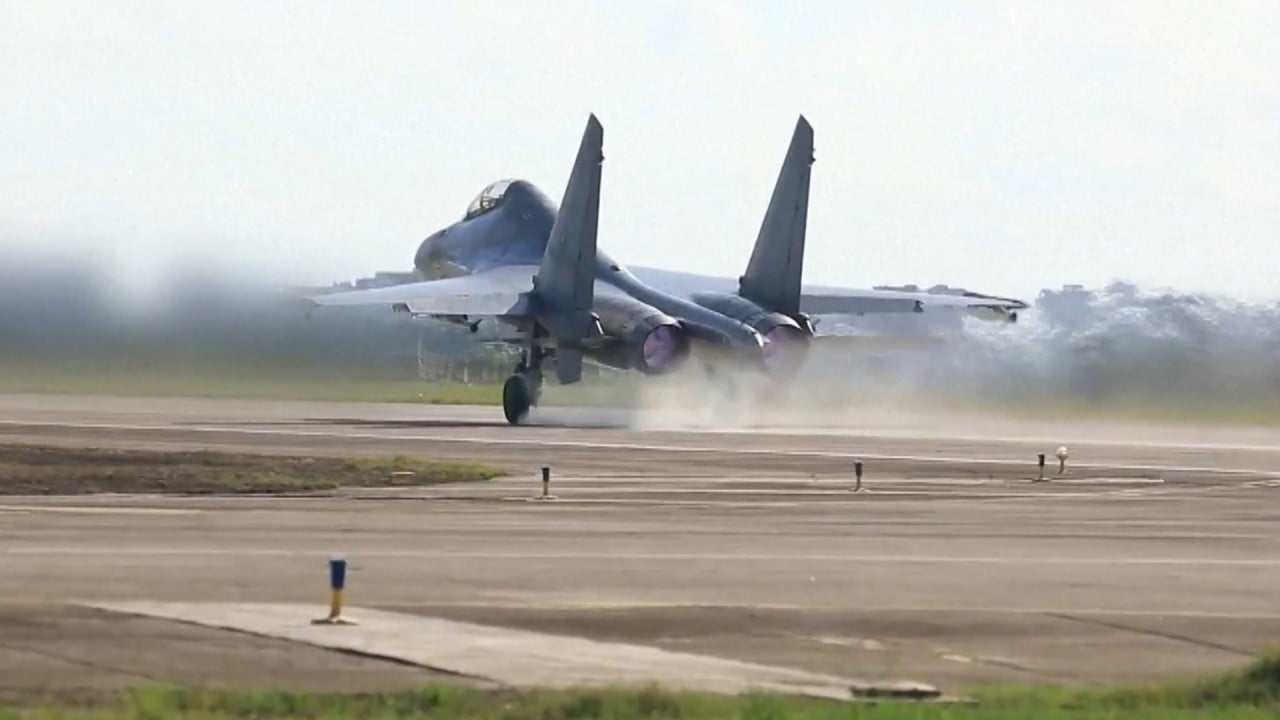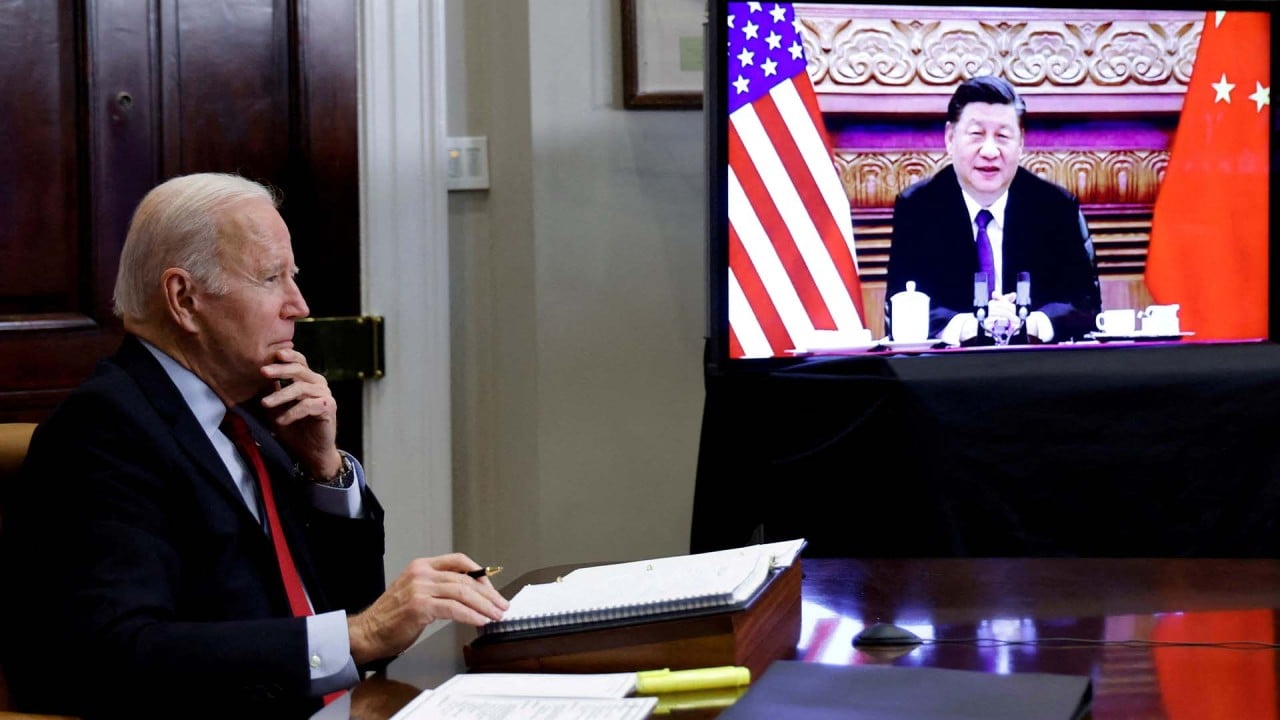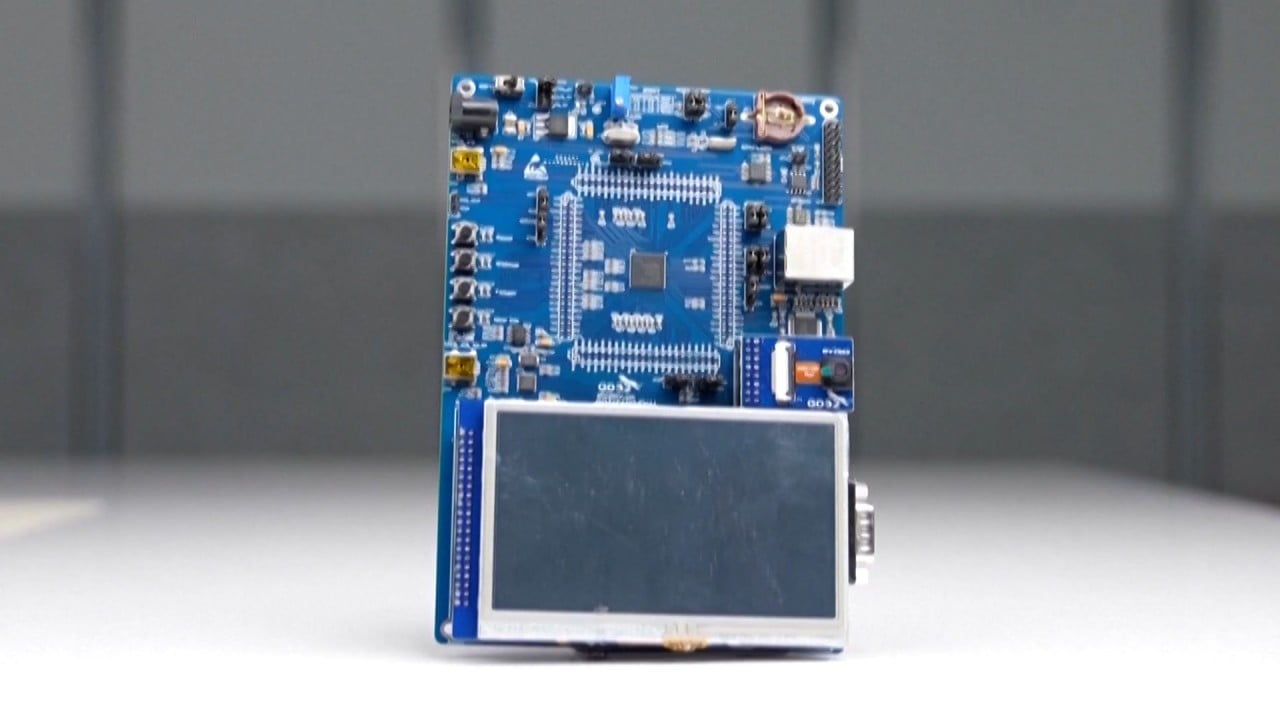
As Pelosi’s Taiwan visit rocks US-China ties, worse may be in store, analysts warn
- Relations between US and China are at their worst since the normalisation of relations in the late 1970s
- Tensions sparked by Pelosi visit expected to intensify, but G20 and Apec summits in November offer chance for a reset, observers note
Beijing, which repeatedly warned against the visit, has responded with severe condemnation and days of live-fire drills around Taiwan, including dozens of incursions over the median line in the Taiwan Strait, a de facto boundary that it had hitherto honoured.
“When we said China-US relations had reached rock bottom during the [Donald] Trump administration, we really misread it,” Lu Xiang, a specialist on US-China relations at the Chinese Academy of Social Sciences (CASS), said.
“The Pelosi incident is very damaging. China’s reaction will also continue. If there are further moves there will be further countermeasures.”
US policies towards China under former president Donald Trump included a slew of tariffs on Chinese imports and sanctions on Chinese officials for alleged human rights violations in Xinjiang and Hong Kong.
Xinjiang ban looms large as China ships record US$33 billion textiles, garments
But relations have become more “chaotic” since Joe Biden took office, with Pelosi’s visit coming days after a phone call between the US and Chinese presidents, Lu said.
“Relations between the two countries are at their worst since the normalisation of relations [in the late 1970s],” Lu said.
“China must always prepare for the worst-case scenario and would welcome any positive move from Biden [to re-set bilateral ties].”
Washington has said the overnight stop by Pelosi, second in line to the presidency and the highest-ranking US politician to visit the self-governed island in 25 years, did not signal a change to its Taiwan policy. However, Beijing views it as a US endorsement of the agenda of the ruling, independence-leaning Democratic Progressive Party.
Andrew Mertha, director of China studies at the Johns Hopkins School of Advanced International Studies, said it is important for Beijing to indicate that it is willing to continue mid-level and non-military engagement.
“It is at the mid-level that much of the action maintaining the relationship takes place, that makes summits and policy breakthroughs possible – they are ‘the silences between notes’,” Mertha said.
“This is an indication that, if the US side is also holding up its end – which I believe it is – we are a long way from hitting rock bottom, which, frankly, would be too horrific to contemplate … we would know it when we hit the skids”.

In a furious response to the “malicious provocation” of Pelosi’s Taiwan visit, Beijing has sanctioned veteran Democrat and her direct family members, and called off several bilateral defence dialogues, as well as climate change and narcotics cooperation.
Beijing sees Taiwan as breakaway territory awaiting reunification and most countries, including the US, do not recognise the self-governed island as an independent state. Washington, however, opposes any attempt to take back the island by force.
Yuan Zheng, deputy director and senior fellow at the CASS Institute of American Studies, expects US-China rivalry over the Taiwan Strait to intensify, including more American arms sales to Taipei.
China has to be alert and prepare countermeasures, Yuan said, according to a China News Service report.
According to Wu Xinbo, dean of the Institute of International Studies at Shanghai’s Fudan University, the impact of Pelosi’s trip to Taiwan will continue.
“It’s hard to say that China-US relations have reached rock bottom and I think it is still in a state of tension and stalemate at the moment,” Wu said.
Increased transit of US warplanes and navy vessels through the Taiwan Strait, in response to the massive People’s Liberation Army drills, will lead to tit-for-tat military deployments that will guarantee escalation of tensions, he forecast.
Ties will also be challenged by US restrictions on Chinese science and technology companies, and moves to strengthen regional alliances aimed at containing China and joint military drills in the Indo-Pacific.
The US said it will send aircraft and warships to the Taiwan Strait in the coming weeks and unveil a road map for trade negotiations with Taiwan.
“We will continue to take calm and resolute steps to uphold stability in the face of Beijing’s ongoing efforts to undermine it, and to support Taiwan in line with our long-standing policy,” he added.
Sarah Kreps, a professor of government and law at Cornell University and former US Air Force officer, said the Taiwan Policy Act, which designates the island as a “major non-Nato ally”, is going through US Congress as there is a bipartisan consensus on getting tougher on Beijing.
‘Extremely serious’: looming Taiwan bill ‘would overturn US-China relations’
“This is one issue on which both parties are in remarkable agreement. The Biden administration doesn’t share that, but that also makes it much more difficult at the executive level for Biden and his counterpart to be harmonising the relationship if these kinds of anti-China, pro-Taiwan measures are going through,” Kreps said.
“The Chinese media has been so anti-US that it has created … a difficult environment now for the Chinese government to actually now be seen reaching out to the United States government that they have taken such measures to really vilify.”
However, despite the rising tensions, the November Group of 20 summit in Indonesia might offer opportunities for a positive turn, observers said, with a chance for Xi and Biden to meet face-to-face.
The summit is expected to come just after a landmark Communist Party congress giving Xi a historical third-term, and likely easing of China’s Covid-19 restrictions to allow more travel and diplomatic activity. US midterm elections would also be over by then.
“The G20 is a week or so after the midterms, and Biden’s freedom for action depends a lot on what happens at the ballot box in the US,” Mertha said. “Assuming the 20th Communist Party congress occurs before that – and assuming further that it goes off without a hitch – that might also give Xi some room for manoeuvring, assuming he wants to go in that direction.”
“I would not expect too much, and I would advise keeping expectations low, but I certainly wouldn’t expect anything of substance before then.”
There is also the November 18-19 Asia-Pacific Economic Cooperation (Apec) summit in Bangkok that both nations are expected to attend.
The G20 and Apec summits in November are an opportunity for Xi and Biden to meet offline, but that depends on the terms of the meeting, Wu at Fudan University said. For Beijing, US reassurances over Taiwan would be the first indicator of its intentions and dictate whether tensions escalate or calm down, he pointed out.







